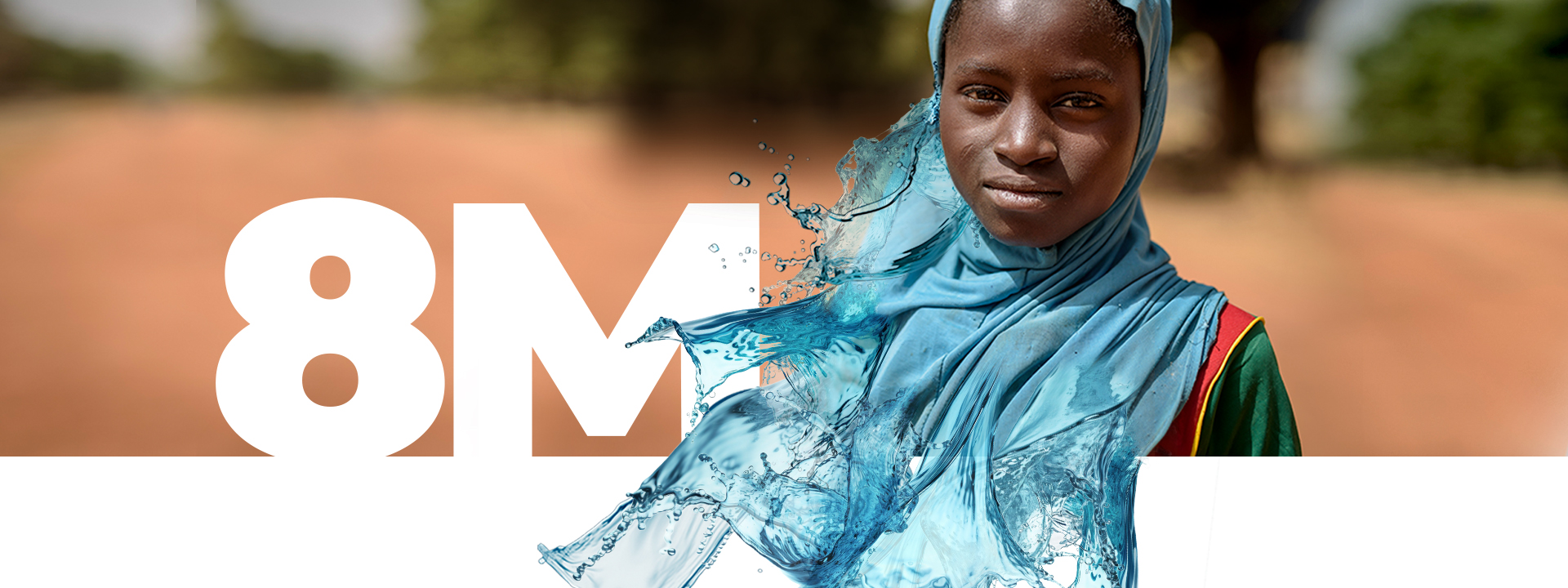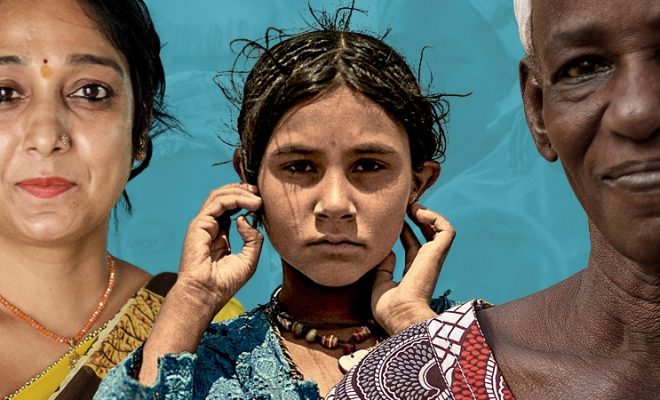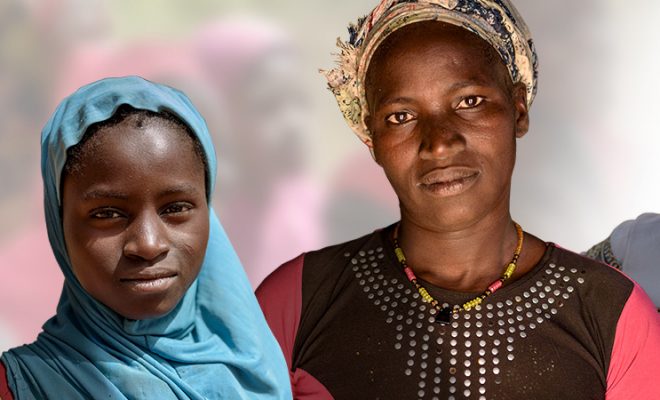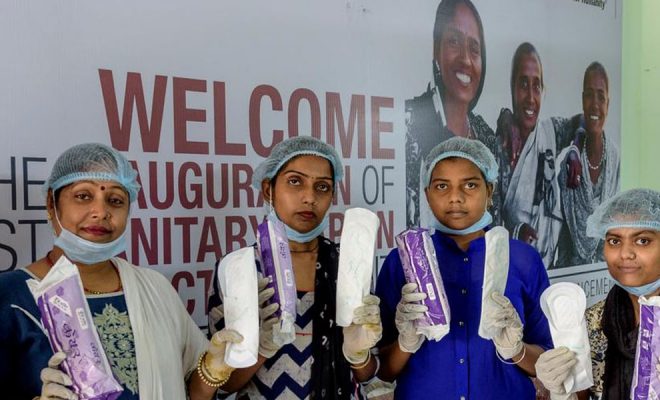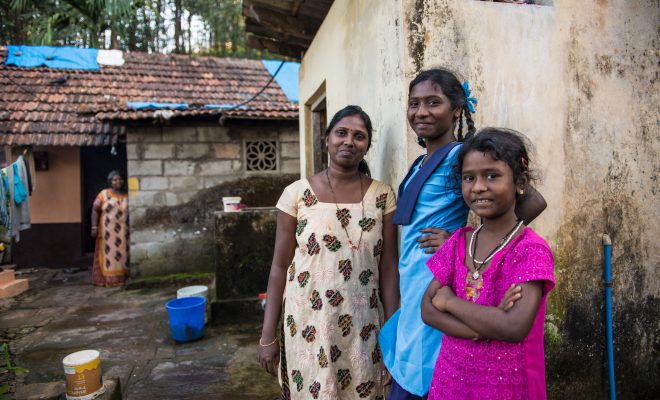In all 96 aid projects we have carried out across 38 countries, we have noticed a striking paradox: women suffer most from water and sanitation shortages, yet they’re pivotal in enabling communities to secure this fundamental human right. It is a vicious cycle that demands breaking.
A Tangible Goal: Accessible Water and Safe Latrines
Our global goal can be simplified: No woman should have to walk more than 30 minutes round trip to access water, and every woman should have direct access to a latrine, ensuring her health and privacy.
This would achieve many targets of SDG 6 (Water and Sanitation) and SDG 5 (Gender Equality), but would also set the roadmap for significant progress on almost all the other SDGs. These include ending poverty, eradicating hunger, enhancing education quality, taking decisive climate action, and, perhaps most importantly, fostering durable peace agreements.
There is still a long way to go. According to the JMP, over 102 million people rely solely on surface water sources like streams, lakes, and ponds. Additionally, there are 241 million individuals who lack access to safe drinking water, and 206 million must walk more than 30 minutes to reach a reliable source. Most of these individuals are women and girls who endure the burden of carrying heavy containers while walking under the sun’s intense heat.
Every year, 40 billion hours globally are dedicated to fetching water. These hours represent valuable time lost for work, education, household responsibilities, and community engagement. Women could have otherwise invested these hours in personal development, ensuring their health and that of their loved ones, and building better prospects for the future. Our #NoWalking4Water campaign directly confronts this widespread issue, which persists in all the regions where we’ve worked to provide water access.
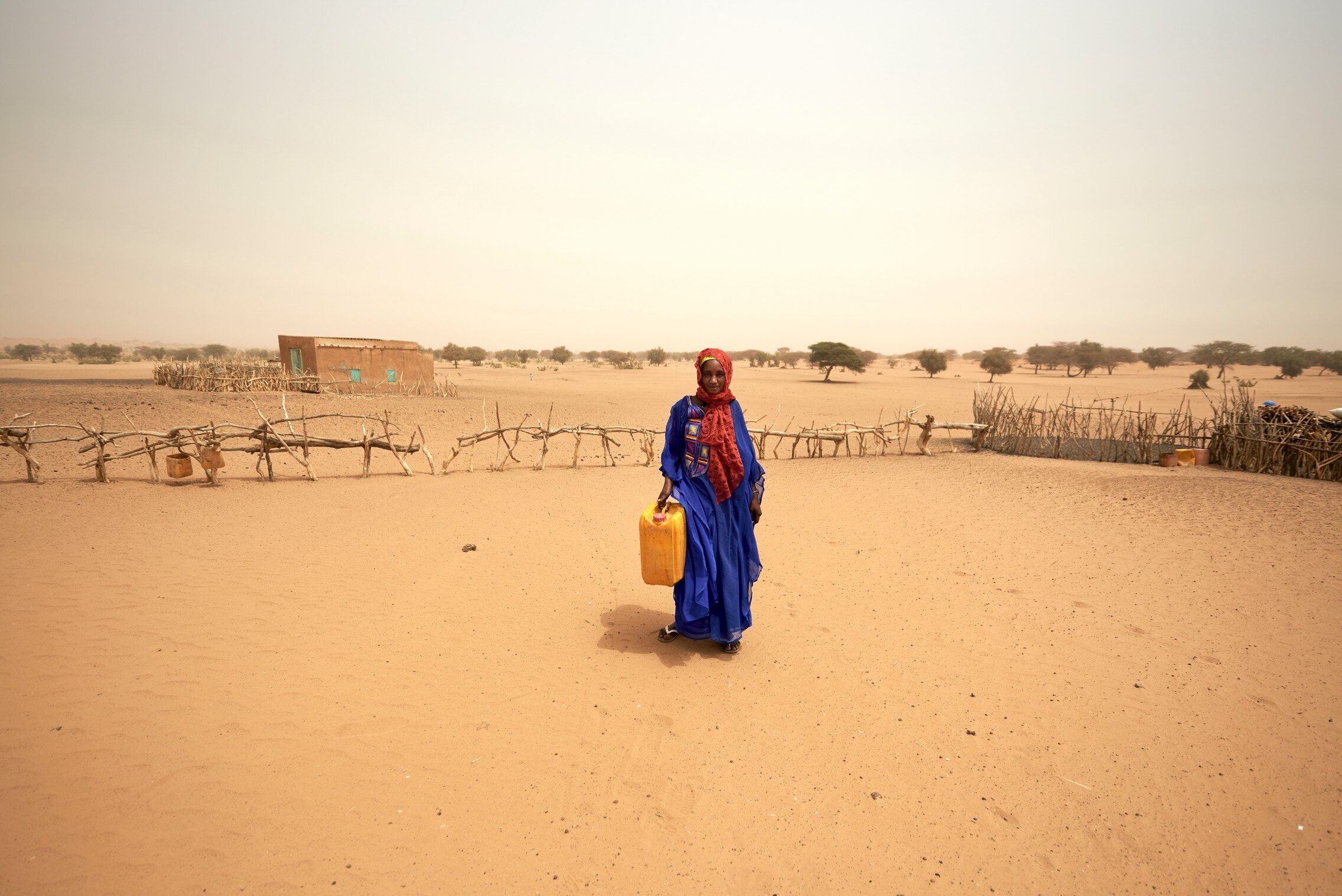
There are 241 million individuals who lack access to safe drinking water, and 206 million must walk more than 30 minutes to reach a reliable source. Most of these individuals are women and girls. © Carlos Garriga
The First Pillar: A Simultaneous Cultural Change
Women have unique privacy, safety, and hygiene requirements regarding sanitation access. In numerous rural areas worldwide, the initial step towards addressing these needs involves breaking the taboo surrounding menstruation and eradicating the associated stigma.
Last year, we concluded a project in Malawi that serves as a prime example of the socio-cultural impact of menstrual hygiene. This article delves into our approach to menstrual hygiene and education in four schools, emphasizing its indispensable role alongside efforts to improve water and sanitation access. Beyond providing clean water and safe latrines, it is crucial to offer schoolgirls dedicated facilities, provide teachers with training on menstrual hygiene, and, most importantly, ensure affordable access to necessary hygiene products.
This entails cultural and socioeconomic changes among students, their peers, parents, and the broader community. These changes are vital to attaining comprehensive and sustainable sanitation solutions.
The cultural shift surrounding menstruation is also of paramount importance for the success of the project aimed at establishing a Sanitary Pad Manufacturing Unit in a slum in Haiderpur, India, a country where approximately 113 million girls drop out of school upon reaching puberty. This article provides a comprehensive overview of the project, highlighting its profound impact on approximately 50,000 women who now have access to these essential products. Many more have also found employment opportunities close to their homes.
The Second is to End Open Defecation: Not a Woman Without a Safe Latrine
In the majority of our sanitation projects, the primary goal is to eliminate open defecation, a widespread issue that profoundly affects communities, with women bearing the most significant burden.
In Burkina Faso, in collaboration with UNICEF, we implemented a project that effectively transformed the Sissili province into an “Open Defecation Free” (ODF) area. This achievement was made possible through the Community-Led Total Sanitation (CLTS) approach, which empowers communities to abandon open defecation and build their own latrines.
This project also emphasized collaboration with the government to establish guidelines for extending ODF practices nationwide in the future. This article details the implementation of the CLTS method in Burkina Faso. It underscores the importance of women having access to adequate toilets and the ability to address their needs promptly. This is a crucial prerequisite for preventing diseases and chronic malnutrition resulting from improper digestive system functioning.
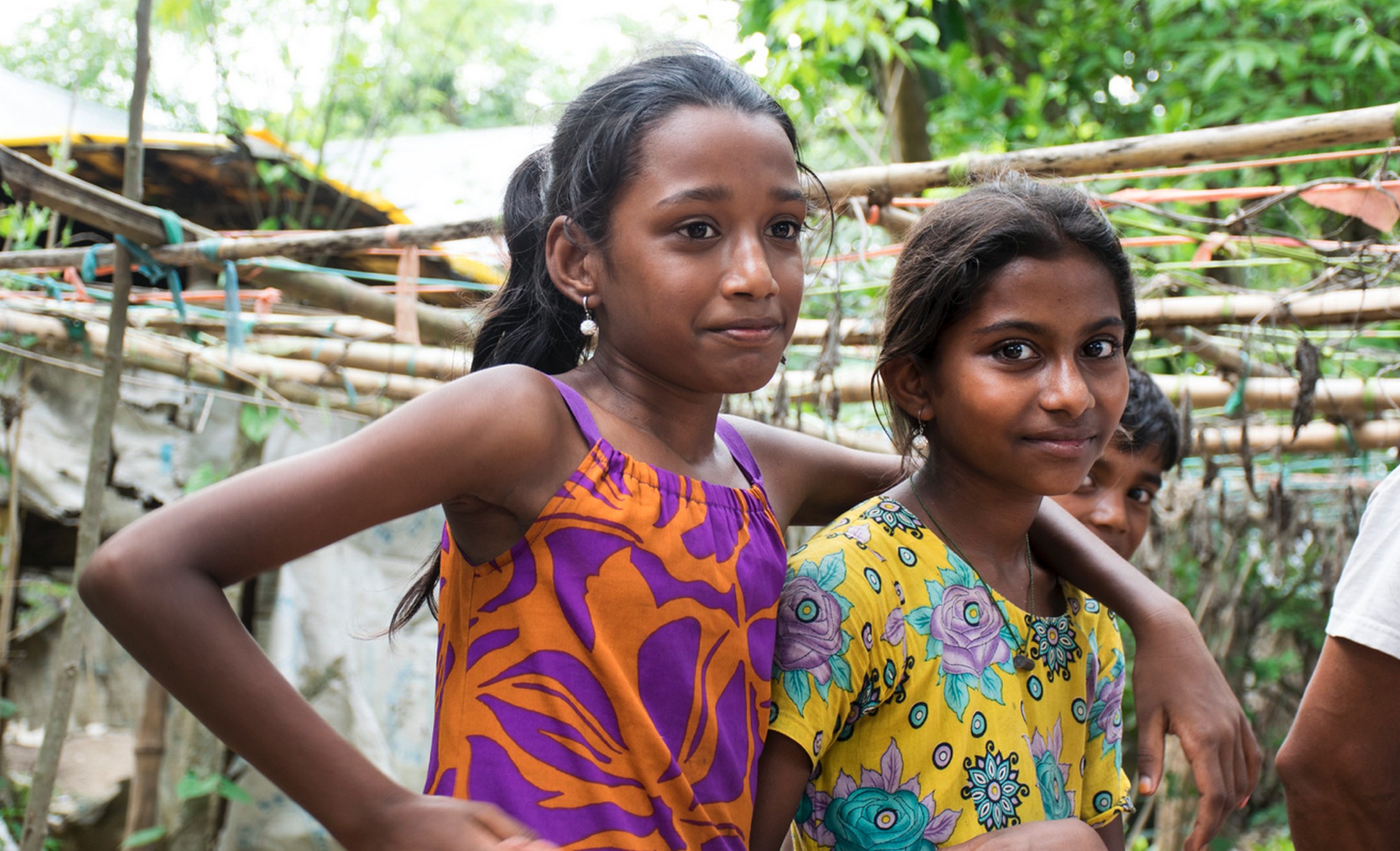
Through our interventions in schools, which have directly benefited over 108,000 students, half of whom are girls and adolescents. © World Bank
The Third Pillar: Ensuring Schooling
In addition to promoting health and safety, a key objective of ensuring access to water and sanitation is preventing adolescent girls from dropping out of school. Through our interventions in schools, which have directly benefited over 108,000 students, half of whom are girls and adolescents, we have observed that access to safe drinking water and gender-segregated toilets provides female students with privacy and dignity. In our most recent project in the Indian state of Rajasthan, students, particularly girls, have taken charge of the sustainability of these facilities. These improvements also contribute to fostering a hygiene culture among students, which they subsequently transmit to the broader community. This process, which we have witnessed and promoted across all our interventions, is detailed further in this article, highlighting our project to build a well in Ngubo school, located in one of the poorest districts of Zimbabwe.
Women’s Knowledge for Better Management of Water Sources
Women constitute the predominant agricultural labor force in developing nations and are responsible for producing a significant portion of the world’s food supply. The latest report from the Food And Agriculture Organization (FAO) underscores this fact, highlighting that the core of rural poverty stems from the disparity between women’s contributions and their access to resources. If women were granted sufficient access to resources, agricultural production in developing countries could surge by 2.5% to 4%, potentially reducing global hunger by 12% to 17%.
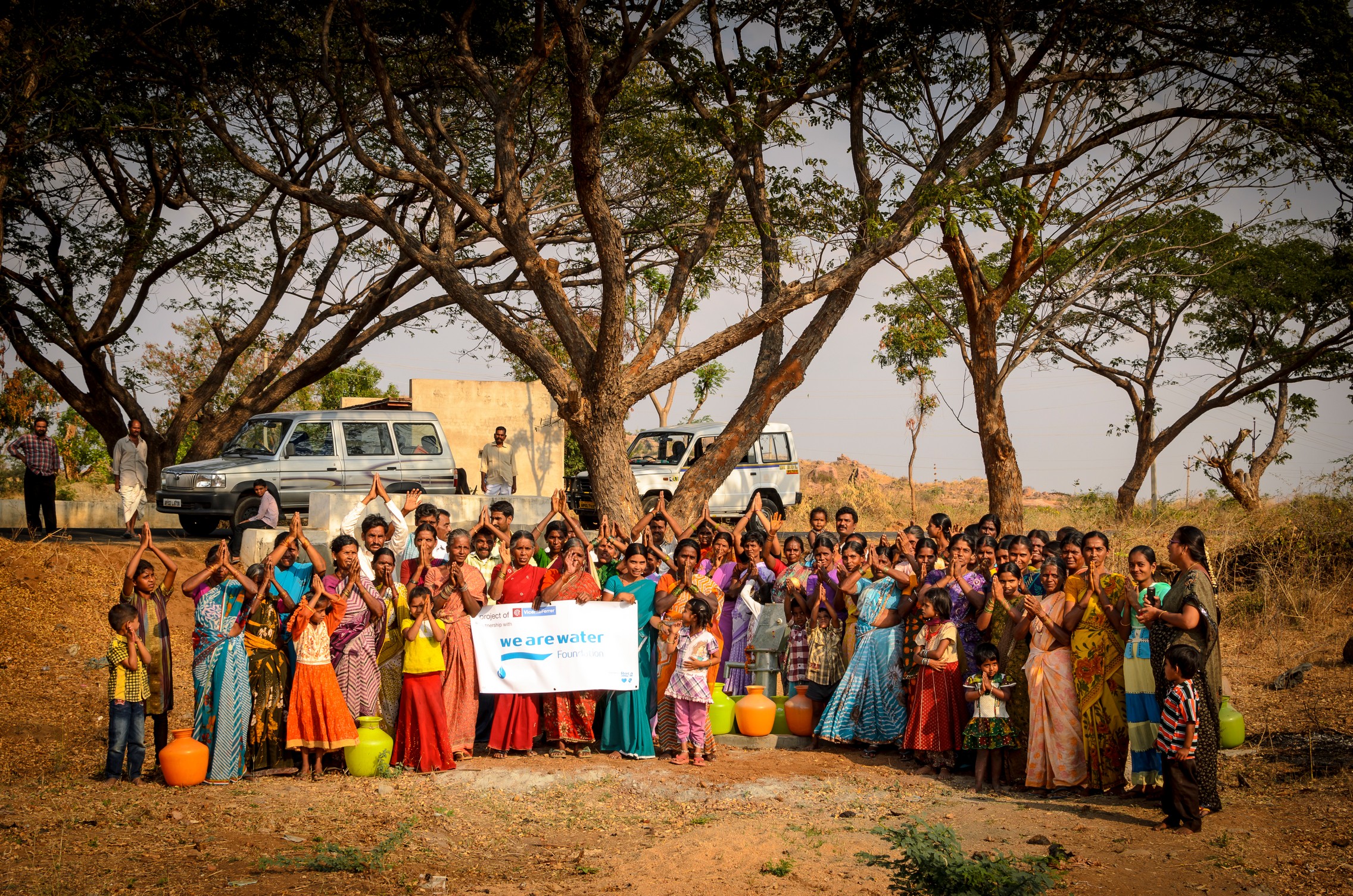
Water management frequently sparks conflicts, yet women are instrumental in resolving them. Their dedication to the collective good fosters cooperation, teamwork, and greater social ownership of agreements reached. © Carlos Garriga
The active engagement of women in water resource management yields substantial gains in efficiency. In our ongoing project in Kwedizinga, Tanzania, we have witnessed firsthand how women’s involvement in understanding the water sources supplying the community enables improved management of their geological and seasonal cycles. This understanding is crucial for enhancing the resilience of small-scale farming communities, particularly in adapting to the challenges posed by climate change.
Water management frequently sparks conflicts, yet women are instrumental in resolving them. Their dedication to the collective good fosters cooperation, teamwork, and greater social ownership of agreements reached. This approach lays the groundwork for community growth with essential equality and the potential to overcome poverty while fostering resilience.
The realm of water management underscores the global benefits of empowering women. By securing their rights, enhancing their opportunities, and nurturing their leadership, we not only improve their children’s futures but also enrich society as a whole.


